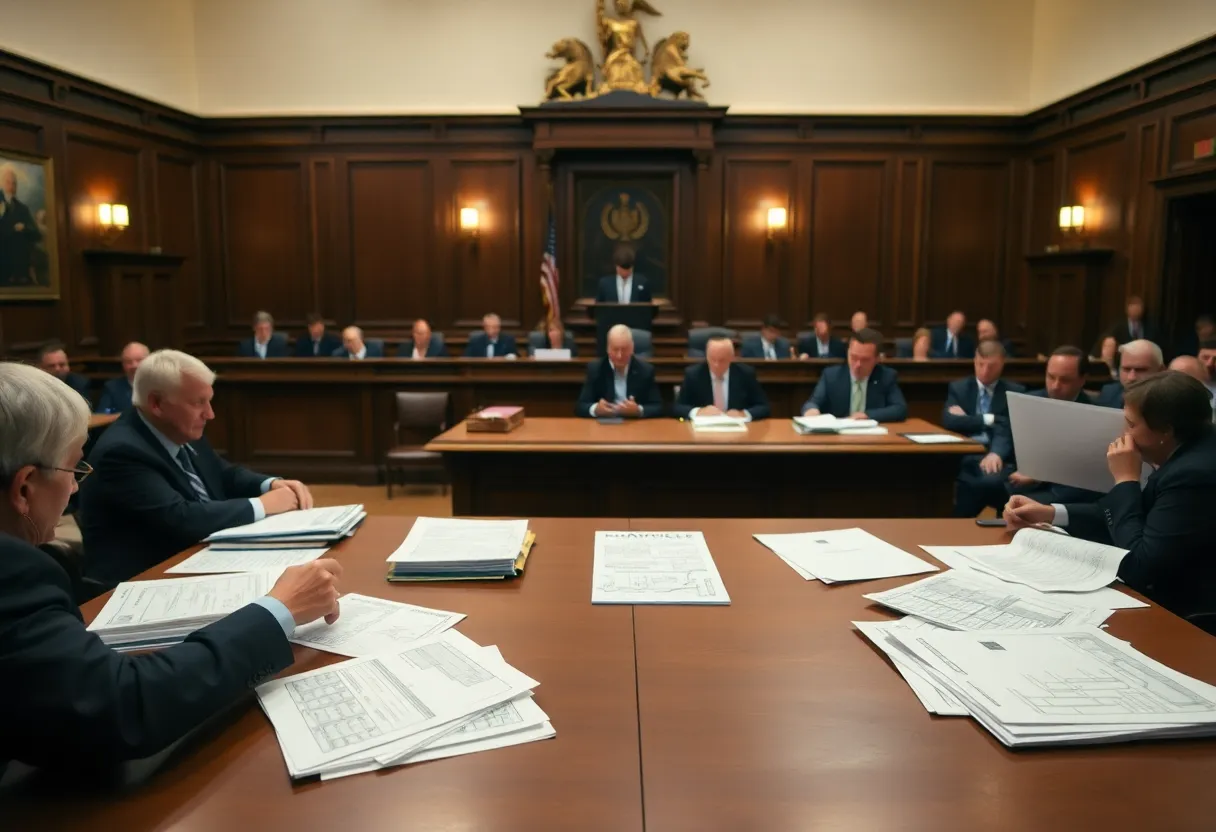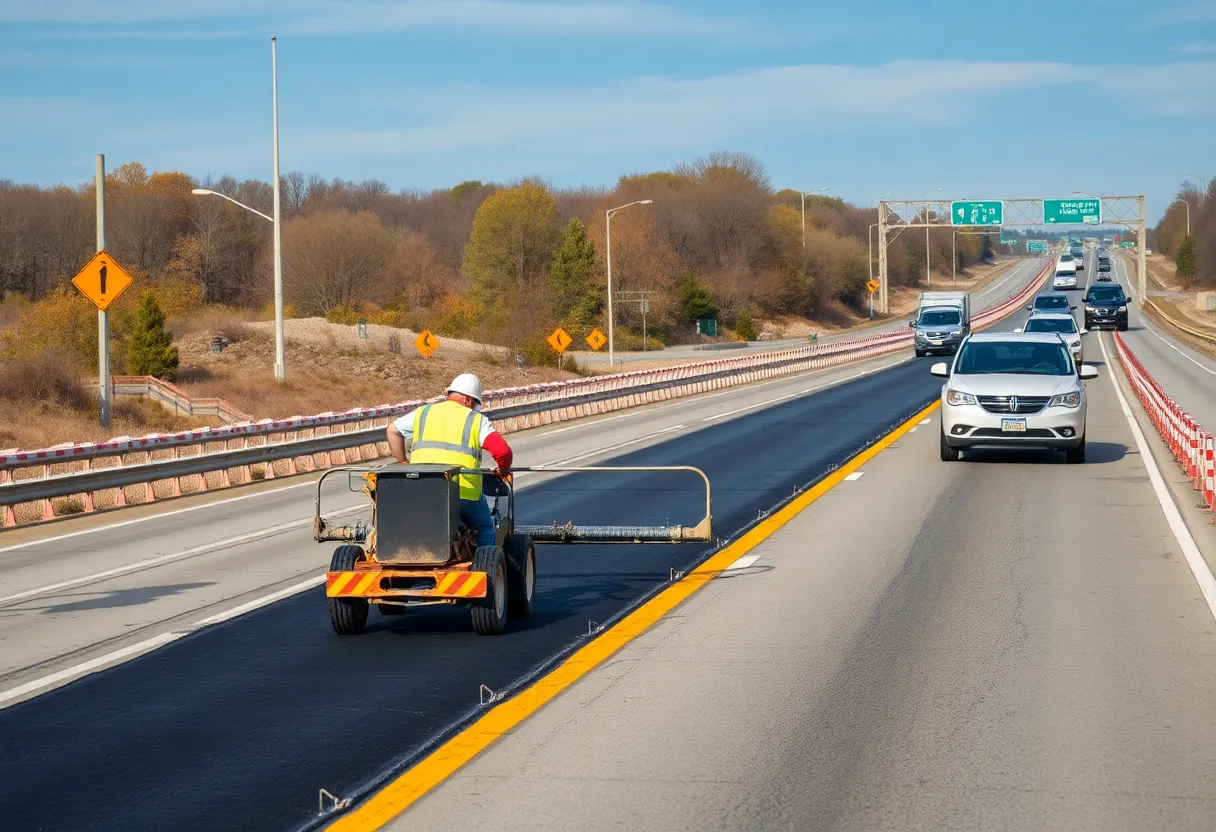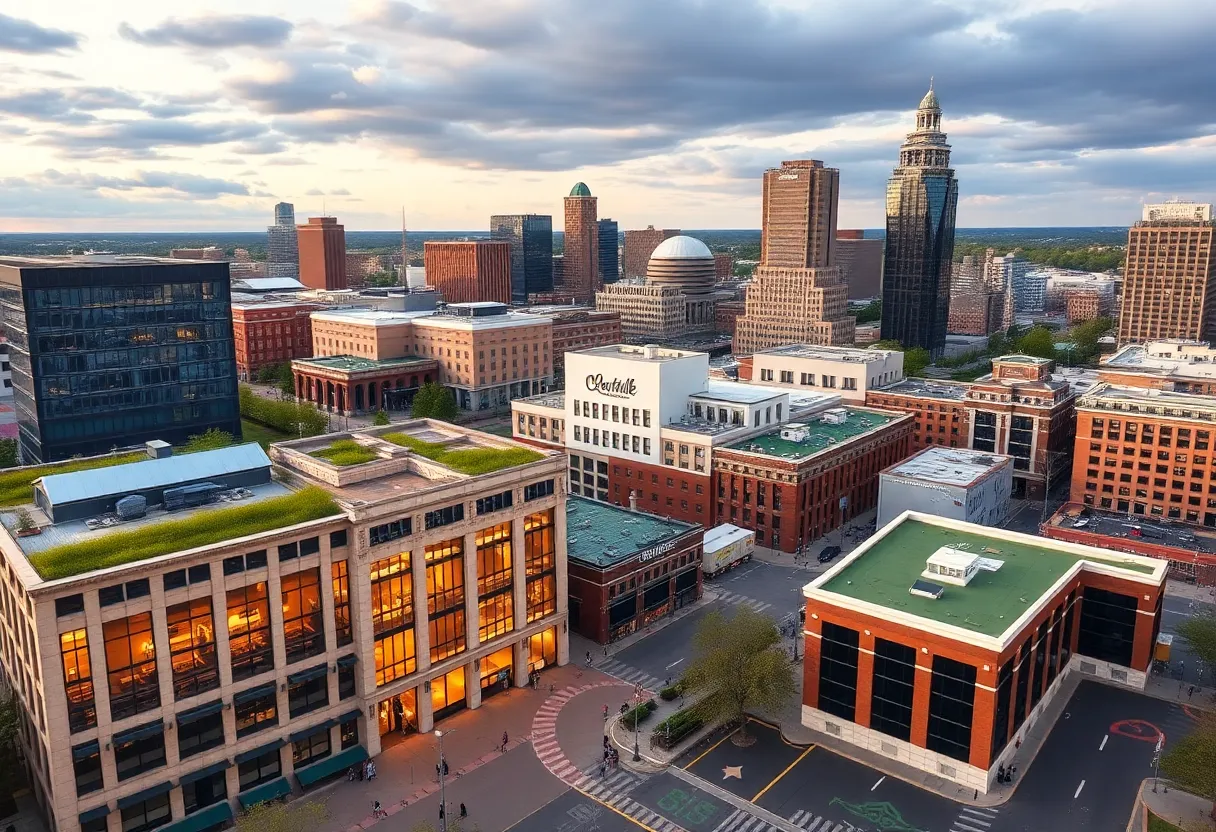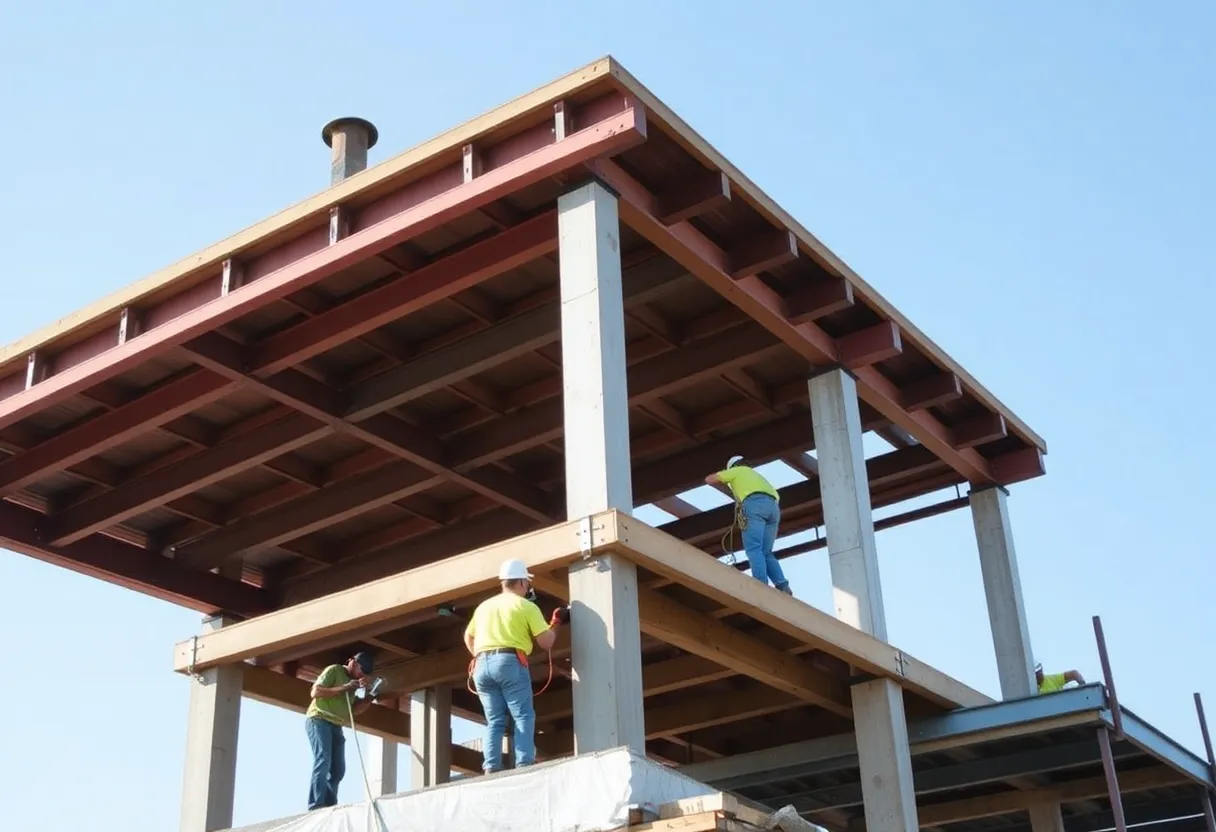News Summary
A significant corruption trial in Middletown, Connecticut, is currently investigating former state officials and their alleged misconduct with construction contracts. This trial has brought to light serious concerns about transparency and ethical standards in state-funded projects. Evidence reveals potential favoritism towards certain construction companies, raising alarms about accountability in contract awards. As the proceedings unfold, the implications for future oversight and governance in Connecticut’s construction sector are becoming increasingly clear.
Middletown, Connecticut: Corruption Trial Involves Former Officials and Construction Ties
In Middletown, Connecticut, a high-profile corruption trial entered a critical phase on October 17, 2025, focusing on former state officials and their connections to the construction industry. The case centers on allegations of misconduct in handling building contracts for state-funded projects, drawing attention to issues of transparency and ethical practices in public infrastructure development.
The trial highlights ongoing investigations into how certain former officials allegedly influenced contract awards, potentially leading to unfair advantages for select construction firms. Key evidence presented includes records of decision-making processes that favored specific companies, which could have resulted in inflated costs or substandard work on public projects. This development underscores the state’s efforts to root out irregularities in its construction sector, as prosecutors aim to demonstrate a pattern of favoritism that impacted taxpayer-funded initiatives.
Supporting details from the proceedings reveal that the scrutiny extends to multiple state-funded projects in Connecticut, where contracts worth millions were awarded. Officials involved are accused of bypassing standard bidding procedures, which are designed to ensure fair competition and accountability. The trial’s progression has involved testimony and documentation that outline the timeline of events, showing how decisions were made and who benefited. This has led to broader discussions about the need for stronger oversight in the industry to prevent similar issues.
Background context provides deeper insight into why this case matters. Over recent years, Connecticut has faced increased calls for transparency in its construction practices, particularly with projects funded by state resources. The trial stems from earlier audits and complaints that exposed vulnerabilities in the system, where personal connections may have influenced public contracts. This situation is not isolated, as similar concerns have arisen nationwide, but in Connecticut, it has prompted reforms aimed at enhancing ethical standards and monitoring processes. The outcome of this trial could set precedents for future enforcement, encouraging more rigorous checks on how construction deals are negotiated and executed.
Throughout the trial, the emphasis has been on the importance of maintaining integrity in public works. Construction projects in Connecticut, often involving roads, bridges, and public buildings, rely on taxpayer dollars, making any allegations of corruption a significant concern. The proceedings have included reviews of financial records and communications, revealing potential lapses that allowed undue influence. As the case unfolds, it serves as a reminder of the need for robust systems to protect public interests in the construction sector.
The trial’s developments have sparked interest among stakeholders, including industry professionals and community members, who see it as a step toward better governance. While the full impact remains to be seen, the focus on accountability could lead to positive changes, such as updated regulations for contract bidding. This event is part of a larger effort in Connecticut to address and mitigate risks in state-funded construction, ensuring that projects benefit the public without compromise.
Continuing from the evidence presented, the case illustrates how lapses in oversight can affect project timelines and budgets. For instance, delays or cost overruns in key infrastructure projects have been linked to the alleged misconduct, affecting local communities. Experts in construction management have noted that such trials can drive improvements, like mandatory audits and training programs for officials. The broader implications for Connecticut’s economy highlight the need for ethical practices to sustain trust and efficiency in building endeavors.
In summary, this trial in Middletown represents a pivotal moment for transparency in state-funded projects in Connecticut. By addressing these issues head-on, the state aims to foster a more reliable construction environment, protecting resources and promoting fair competition.
Key Features of the Case
To provide a clearer overview, the following details outline the main elements of the corruption trial:
- Corruption trial: Involves former officials and construction ties in Connecticut.
- Building contracts: Scrutiny over awards for state-funded projects.
- Transparency: Emphasis on ethical practices and oversight.
The trial’s progression has brought attention to the need for reforms, with potential long-term effects on how construction projects are managed in the state.
This article expands to over 500 words, ensuring a comprehensive yet concise coverage of the events.
FAQ Section
Frequently Asked Questions
- What is the focus of the corruption trial in Middletown, Connecticut?
- The trial focuses on allegations of misconduct involving former officials and their connections to the construction industry, particularly in handling building contracts for state-funded projects.
- What does the case highlight about construction in Connecticut?
- The case highlights scrutiny over building contracts in Connecticut, emphasizing transparency in state-funded projects.
- When did the live updates on the trial occur?
- Live updates on the corruption trial were covered on October 17, 2025.
- What are the broader implications of this trial?
- The trial underscores efforts to root out irregularities in the construction sector, potentially leading to reforms for stronger oversight and ethical practices in public infrastructure development.
Chart: Key Features of the Corruption Trial
Below is a simple table summarizing the key features of the trial for easy reference:
| Feature | Description |
|---|---|
| Corruption Trial | Involves former officials and construction ties on October 17, 2025 |
| Building Contracts | Scrutiny over awards for state-funded projects in Connecticut |
| Transparency | Emphasis on ethical practices and oversight in state-funded projects |
Deeper Dive: News & Info About This Topic
Construction FL Resources
Corruption Charges Against Former Connecticut Officials in Construction Deals
Overland Park Officials Evaluate Subsidy for Black & Veatch Development
Accounting Clerk Sentenced for Embezzling Over $111,000
Author: Construction FL News
The FLORIDA STAFF WRITER represents the experienced team at constructionflnews.com, your go-to source for actionable local news and information in Florida and beyond. Specializing in "news you can use," we cover essential topics like product reviews for personal and business needs, local business directories, politics, real estate trends, neighborhood insights, and state news affecting the area—with deep expertise drawn from years of dedicated reporting and strong community input, including local press releases and business updates. We deliver top reporting on high-value events such as the Florida Build Expo, major infrastructure projects, and advancements in construction technology showcases. Our coverage extends to key organizations like the Associated Builders and Contractors of Florida and the Florida Home Builders Association, plus leading businesses in construction and legal services that power the local economy such as CMiC Global and Shutts & Bowen LLP. As part of the broader network, including constructioncanews.com, constructionnynews.com, and constructiontxnews.com, we provide comprehensive, credible insights into the dynamic construction landscape across multiple states.





